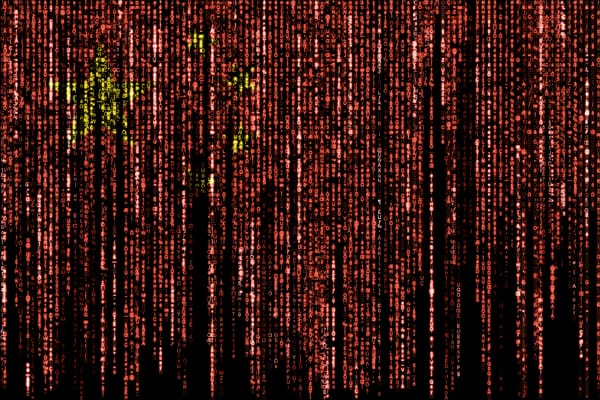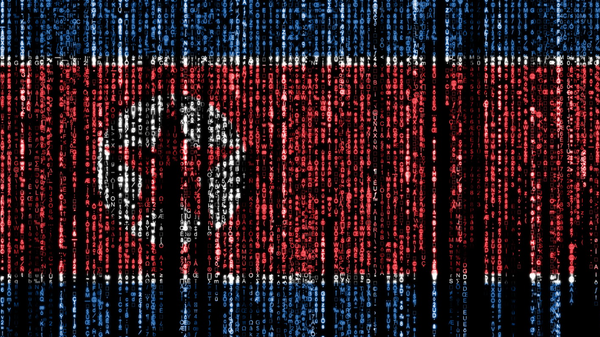
Cybersecurity
🇨🇳 China’s Cyber Rise: From Fragmented Actors to Strategic Powerhouse
An integrated, state-driven cyber enterprise combining global reach, strategic patience, and comprehensive domestic control.

Cybersecurity
An integrated, state-driven cyber enterprise combining global reach, strategic patience, and comprehensive domestic control.

Japan
Japan is advancing AI and cyber capabilities through soft-law governance, dual-use innovation, and new active defense measures, positioning them as central pillars of its national strategy.

Advanced Persistent Threats
APT 20, also known as “Violin Panda,” is a highly sophisticated Advanced Persistent Threat (APT) group attributed to the People’s Republic of China

Guides
Highly sophisticated, state-sponsored or well-funded cyber threat groups that conduct persistent cyber attacks.

Advanced Persistent Threats
APT36, also known as Transparent Tribe, is a Pakistan-based state-sponsored cyber espionage group primarily targeting India’s government, military, and critical infrastructure.

Advanced Persistent Threats
APT38 is a North Korean state-sponsored cyber threat group with a distinct focus on financial cybercrime to fund the North Korean regime.

Advanced Persistent Threats
APT39 is a state-sponsored Iranian cyber espionage group linked to Iran’s Ministry of Intelligence and Security (MOIS)

Advanced Persistent Threats
💡Advanced Persistent Threats (APTs) are updated regularly. Check our APT Guide, Cybersecurity Guide and National Cybersecurity Strategies. Contribute and share feedback with contribute@ginc.org Overview APT28, also known as Fancy Bear, Sofacy, STRONTIUM, and Sednit, is a Russian state-sponsored cyber espionage group that has been active since at least

Advanced Persistent Threats
💡Advanced Persistent Threats (APTs) are updated regularly. Check our APT Guide, Cybersecurity Guide and National Cybersecurity Strategies. Contribute and share feedback with contribute@ginc.org Overview APT35, also known as Charming Kitten, Phosphorus, Newscaster Team, or Ajax Security Team, is a state-sponsored Iranian cyber threat group active since at least

Advanced Persistent Threats
💡Advanced Persistent Threats (APTs) are updated regularly. Check our APT Guide, Cybersecurity Guide and National Cybersecurity Strategies. Contribute and share feedback with contribute@ginc.org Overview APT37, also known as Reaper, ScarCruft, or Group123, is a North Korean state-sponsored cyber threat group that has been active since at least 2012.

Advanced Persistent Threats
APT41 is a Chinese state-sponsored cyber threat group known for its dual-purpose cyber operations, engaging in both state-backed espionage and financially motivated cybercrime

Guides
The term Advanced Persistent Threat (APT) was first popularized by the United States Air Force in 2006. It was initially used to describe nation-state actors or groups conducting long-term, targeted cyber espionage campaigns that exhibited a high level of sophistication and persistence. The term APT was designed to differentiate these